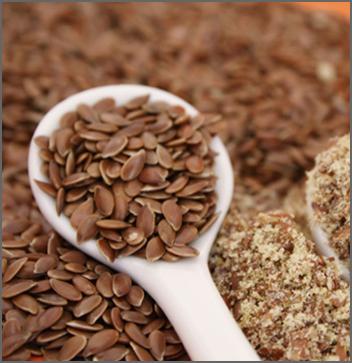September is National Cholesterol Education Month. Whether you have high cholesterol of not, it is important to know what your cholesterol levels are and what you can do to help control them so you can reduce your risk of heart attack or stroke.
According to the American Heart Association, one out of every three people in the United States is affected by heart-related diseases. There are many risk factors when it comes to heart disease including: excess weight, high cholesterol, and high blood pressure (to name a few). In addition to working with your doctor, you can minimize these risk factors by your dietary intake and physical activity.
For a healthy heart you want to consume a diet low in sodium, low in saturated and trans fat, and cholesterol. Challenge yourself to replace these with some of the foods and food components listed below:
•Fruits and Vegetables– Many fruits and vegetables contain fiber, which helps your body take in more nutrients, can lower cholesterol levels, aid in achieving a healthy weight. Fruits and vegetables not only contain fiber, but they also contain potassium and antioxidants. Potassium can help with blood pressure by blunting the effects of sodium on blood pressure. Antioxidants may help prevent disease and keep your body working properly.. At the grocery store, be sure to choose a variety of deeply colored fruits and vegetables like carrots, apricots, broccoli, beets, berries and kidney beans to maximize your intake of vitamins and minerals.
•Whole Grains-There are many components within whole grains which provide benefits. Whole grains provide fiber, vitamins and minerals, and antioxidants. To reap the benefits, aim for at least 3 daily servings of whole grains. On the label, look for the phrase “whole grain” or “whole” before the grain’s name. Some examples include: whole grain breads, cereals and pasta, brown rice, oatmeal and popcorn. Using a supplement such as ground flax seed (shown in the picture) is beneficial to improving total cholesterol and LDL cholesterol. You can work up to using 2-3 Tbsps/day for improved levels. This is often mixed into cereal, oatmeal, or used like granola with yogurt…you can also bake with it.
•Heart Healthy Fats– A diet of moderate fat intake is beneficial to your health. You can enjoy the healthy benefits by choosing oils and spreads rich in unsaturated fat, such as olive, canola, safflower, sunflower, corn, or soybean oils. Salmon, sardines, herring, trout, and tuna are terrific sources of the omega-3 fatty acids, docosahexaenoic acid (DHA) and eicosapentaenoic acid (EPA), which are types of polyunsaturated fats that may reduce the risk of heart disease. If you are unable to get fish into your diet, you should consider taking a fish oil supplement of 1-4g/day with at least 1g of DHA and EPA.
•Stanols and Sterols– These plant-based food components help block the absorption of cholesterol in the intestine, which has a beneficial effect on blood cholesterol. They are found in foods like corn, soy, wheat and some fortified foods like orange juice and yogurt. 1-3 grams of stanols or sterols are needed each day to see beneficial effects.
-Kelsey


